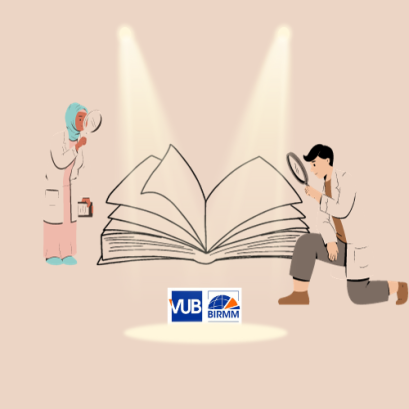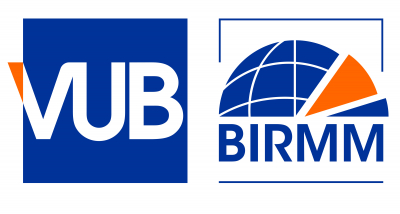
“It’s not easy to put yourself out there in front of the media and tell your whole life story. It’s not easy because it’s sad – sometimes very, very sad. One needs a lot of courage to even accept to address this with you...”
– Lucinne, undocumented migrant in Brussels since 2008.
How do migrants without a legal residence in Brussels perceive their representation in mainstream media? How do they defy and deconstruct stigmatising labels, such as the ones of sans papier or mensen zonder papieren, and the predominant discourse that frames them as undeserving or unwanted migrants? And how do this problematic communication of undocumented migrants and the migrants’ self-representation relate to power relations and social inequalities more broadly?
BIRMM researchers Kevin Smets and Lisa Ahenkona tried to answer all these crucial questions by giving a voice to some members of a socially marginalized group, albeit a significant one, with over 100,000 estimated undocumented migrants living in the “capital of Europe”. Indeed, they conducted a ground-breaking research project together with a group of undocumented migrants living in Brussels on the basis of a participatory action research (PAR) approach, a collaborative method that allows for the active construction of knowledge together with migrants involved in the study.
But how did they manage to offer visibility and explore the perspectives of people who are normally used to avoid public attention, as they could face incarceration or forced repatriation? Including undocumented migrants in a research project is not an easy task and they had to follow strict ethics measures and adapt to the interviewed migrants’ requests to mitigate potential risks. Despite the risks and the methodological hurdles, Kevin Smets and Lisa Ahenkona’s project led to insightful and eye-opening outcomes.
What they found out is that undocumented migrants adopt mainly three ‘counter-documentation tactics’, that is documentary practices to reverse the mainstream discourse and representation around them. Through personalization, universalization and the use of deconstruction and irony, they seek to make their personal situation more visible and tangible, to promote dignity and recognition for migrants on a global level as well as to debunk common myths and labels and show the concrete reality they live in. For example, did you know that a sans papier perceives himself as a cent papiers? This is just one way through which undocumented migrants defy the dominant narratives and ironically highlight their paralyzing and precarious living conditions.
Interested in finding out more about this research project? Then, at the link below you can find the article: https://academic.oup.com/ccc/advance-article/doi/10.1093/ccc/tcad031/72…
